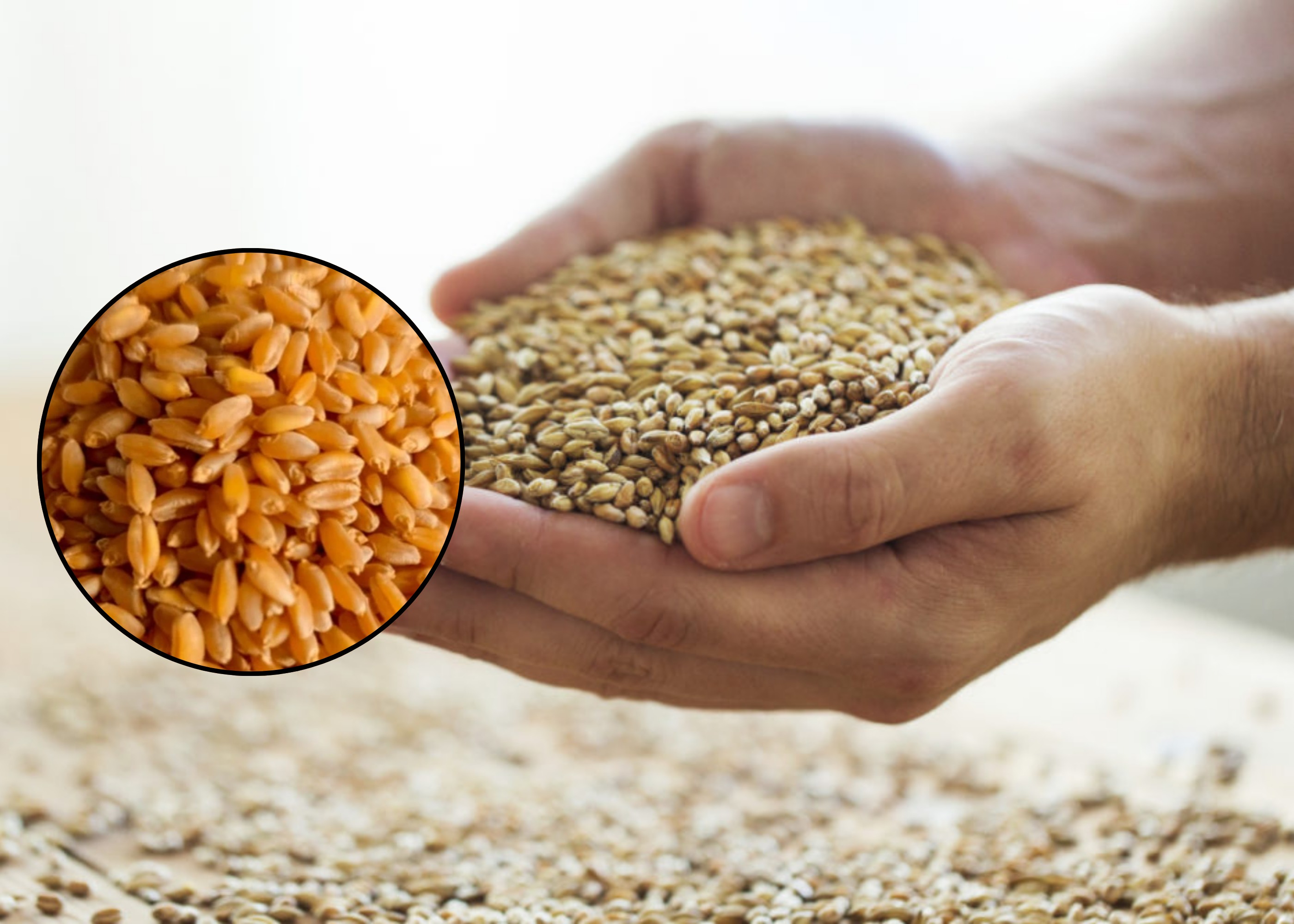News in Brief:
– Olam Agri and the Lake Chad Research Institute (LCRI) have released a new heat-tolerant and super-early durum wheat variety called Crown.
– This innovation, along with LCRI’s other achievements in improving wheat varieties, signifies significant progress in Nigerian agriculture.
Olam Agri and the Lake Chad Research Institute (LCRI) have announced a significant breakthrough in Nigerian agriculture with the release of a new heat-tolerant and super-early durum wheat variety.
The new wheat variety, named ‘Crown,’ is the culmination of efforts under Olam Agri’s Seed for the Future (SFTF) project, launched in 2021.
This initiative focuses on developing wheat varieties tailored to Nigeria’s specific climatic conditions and training farmers in modern agricultural practices.
LCRI lead researcher, Dr. Kachalla Mala, said his team played a crucial role in developing and testing Crown wheat. According to him, ten women-owned farms will initially plant the seed variety, to expand to hundreds of farms by 2025 and thousands by 2026.
Key features of Olam Agri’s Crown wheat variety
The variety offers several key advantages like its heat tolerance, which allows it to withstand high temperatures. It also matures early, supporting early harvesting and potential for planting multiple times in a year. Additionally, the new variety boasts high-quality durum, suitable for pasta production.
“The Crown wheat variety is tailored for the Nigerian growing conditions after working closely with local farmers to understand their needs, especially the need to grow super-early varieties that allow farmers to harvest and replant rice on time,” Dr Filippo Bassi added. “Based on test results run with Crown Flour Mill Nigeria, this variety is certified as suitable for high-quality pasta production.”
Olam Agri is a leading global agri-business, operating in various segments like grains, oilseeds, edible oils, animal feed, and more. Founded in Singapore in 1989, the company has expanded its operations worldwide, focusing on high-growth markets.
On the other hand, the Lake Chad Research Institute (LCRI) is a Nigerian agricultural research institute located in Maiduguri, Borno State. It was established in 1976 and is responsible for researching and improving the cultivation of millet, wheat, and barley in the North-East agro-ecological zone of Nigeria.
Essentially, the institute plays a crucial role in developing new crop varieties that are resistant to pests, diseases, and drought, as well as being high-yielding and suitable for the region’s challenging climatic conditions. LCRI also researches soil fertility, irrigation, and other agricultural practices to improve crop productivity.
Some of its notable achievements include:
- Improved Millet Varieties: LCRI has successfully increased the yield of millet varieties from 1.0t/ha to 4.5t/ha. They have released high-yielding varieties like LCIC-MV3 (SUPER SOSAT) and extra-early maturing LCIC MV2 (LCIC 9702).
- Improved Wheat Varieties: LCRI has increased wheat yields from less than 1t/ha to 7.5 t/ha. They have released nine bread wheat, two durum, and two rainfed wheat varieties.



